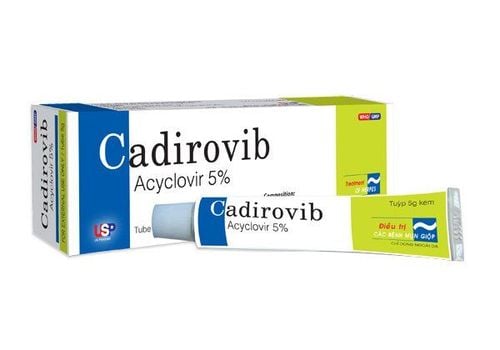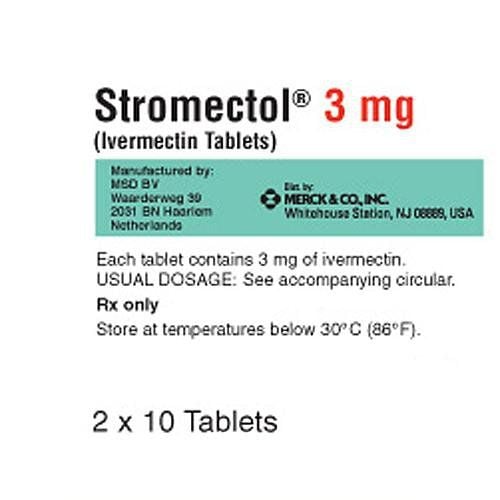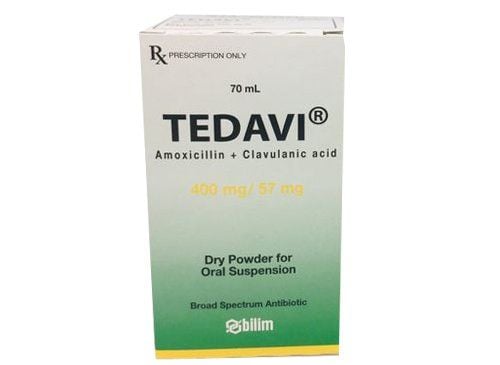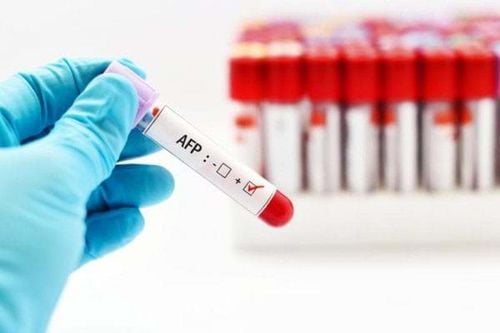This is an automatically translated article.
Lymphatic filariasis or elephantiasis is a serious health problem in many tropical countries. Although the disease is rare today, it is a painful and disfiguring condition that is often difficult to diagnose in its early stages.
1. What is lymphatic filariasis?
Lymphatic filariasis, also known as elephantiasis, is a disease caused by parasitic worms in the lymphatic system of the human body. The disease can be spread from one person to another through the vector that causes the disease, which is a mosquito, the mosquito infected with filariasis larvae when biting a person, then the parasite will penetrate into the skin and enter the human body, then The larvae migrate into the lymphatic system, where they develop into adult worms in the human lymphatic system. Lymphatic filariasis is a disease that causes severe pain and disfigurement in patients. Patients are infected from an early age gradually symptoms appear leading to temporary or permanent disability of the leg. Diagnosis of lymphatic filariasis is often difficult to diagnose clinically in the early stages. It should be based on factors such as: living in endemic areas, having symptoms of elephantiasis, chylous diarrhea. For people living outside the diseased area, diagnosis should be based on test results to detect filariasis larvae.
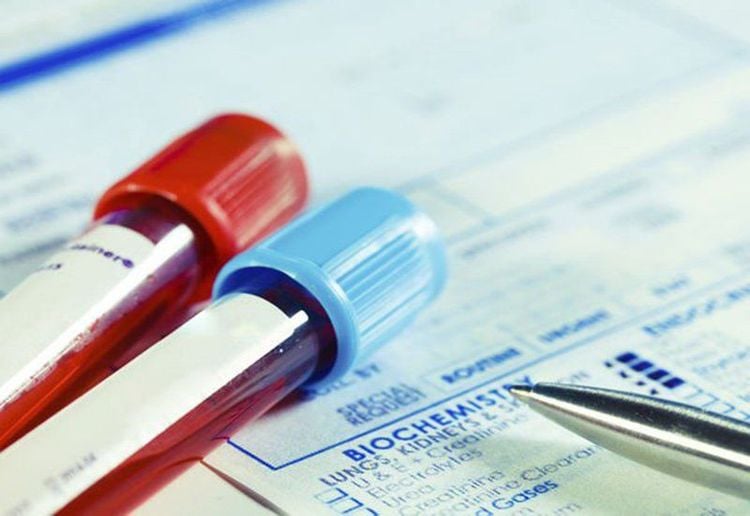
Tiến hành xét nghiệm để phát hiện bệnh nhiễm giun chỉ
2. Clinical symptoms
Most people infected with lymphatic filariasis do not have clinical manifestations for many years or for life. An important feature is that the patient lives in endemic areas. Some cases have the following symptoms:
Incubation period is at least 4 weeks, possibly longer. Patients with no symptoms or fatigue, low-grade fever, skin rash. During this period, there is a high possibility of disease transmission because the patient has the pathogen in his body without knowing the symptoms of the disease to treat. Acute period Fever: often high fever, sudden, accompanied by signs such as fatigue and severe headache, often recurring episodes, each episode lasts 3-7 days After a few days of fever, inflammation will appear lymphadenopathy, lymphadenitis presents as painful, red, inflamed lymph nodes along the lymph nodes, usually the medial lower extremities. Inguinal lymph nodes may be enlarged, hot, red, and painful. Chronic period. The patient is rapidly losing weight. The swelling of the elephant's feet gradually appeared as a result of chronic inflammation of the lymph nodes and vessels of the lower extremities with the characteristics of hard edema, stomach. Edema may appear from the feet up to the thighs. Inflammation or swelling of the genitals such as epididymitis, orchitis, hydrocele. In case of inflammation in the genital organs, the patient presents with elephant scrotum or large breasts. Chylosis : clinical manifestation by urinating with milky white water like rice water, not settling for a long time; sometimes accompanied by blood.

Giun chỉ bạch huyết dẫn đến viêm phù bộ phận sinh dục
3. Treatment of parasitic filariasis
Treatment of filariasis with larvae in the blood with acute clinical manifestations such as fever, lymphadenitis, lymphadenitis ... and no clinical manifestations: use DEC-specific drugs to treat In In an acute episode, the main treatment is to reduce fever, relieve pain, and rest. Do not use specific drugs to treat DEC because it can cause inflammation of the blood vessels and lymph nodes. In addition, antibiotics can be used to prevent superinfection. Cases of elephant edema (edema of limbs, scrotum, breasts...) are treated as follows: Anthelmintic drugs are indicated if the blood test has larvae: take specific drugs to kill filariasis. In patients with elephantedema, it is necessary to pay attention to the problem of bacterial superinfection by: washing the swollen limb twice a day with clean water and bath soap, patting dry, increasing exercise, massaging the feet to increase circulation. circulatory system. At night, you can sleep with your feet elevated or you can use a light compression bandage to avoid stagnation of blood circulation and swelling of the extremities. If you have a bacterial superinfection, you need to use local antibiotics or systemic antibiotics depending on the severity of the disease. Protein rich foods

Người mắc bệnh giun chỉ cần bổ sung các thức ăn giàu Protein
4. Prevention
Health propaganda about the harmful effects and prevention of filariasis let people know how to prevent. Environmental sanitation: building a high and airy house to limit mosquitoes from entering the house, measures to reduce the reproduction of mosquitoes, spraying mosquitoes regularly according to the process. Wear tight protective clothing when working at night, especially in areas with handicrafts such as making mats, lying under mosquito nets. It is necessary to detect and treat people with the disease early. Vinmec International General Hospital is one of the hospitals that not only ensures professional quality with a team of leading doctors, modern equipment and technology, but also stands out for its examination and consulting services. and comprehensive, professional medical treatment; civilized, polite, safe and sterile medical examination and treatment space. Customers when choosing to perform tests here can be completely assured of the accuracy of test results.
Customers can directly go to Vinmec Health system nationwide to visit or contact the hotline here for support.




